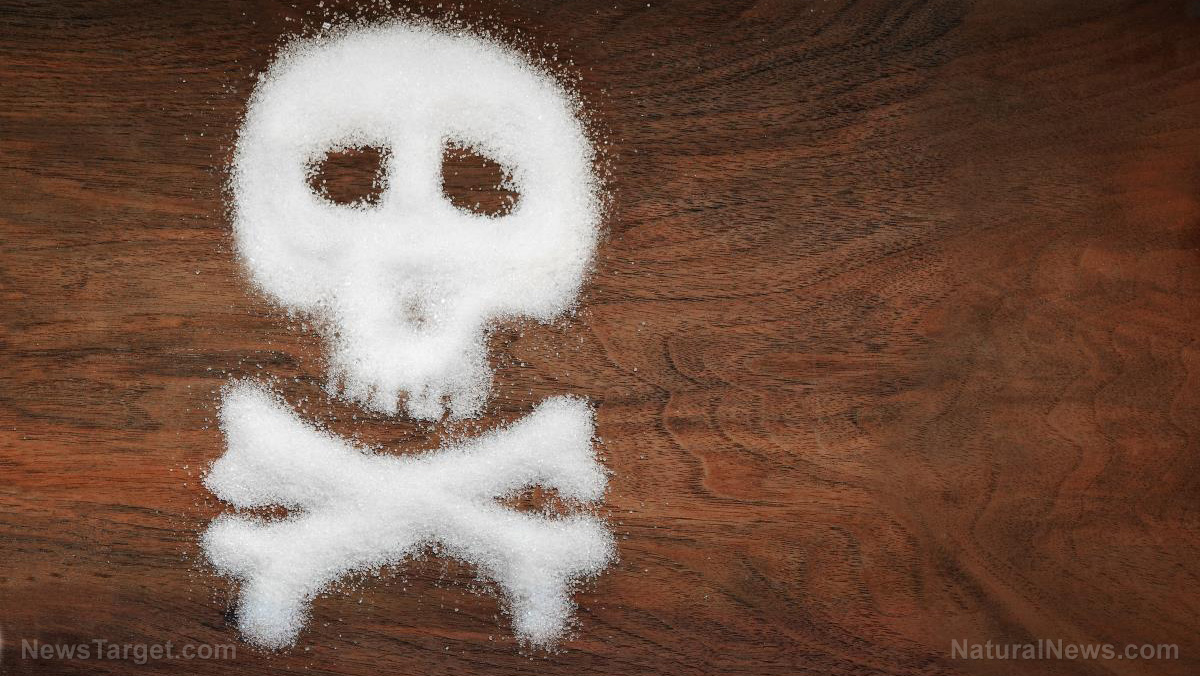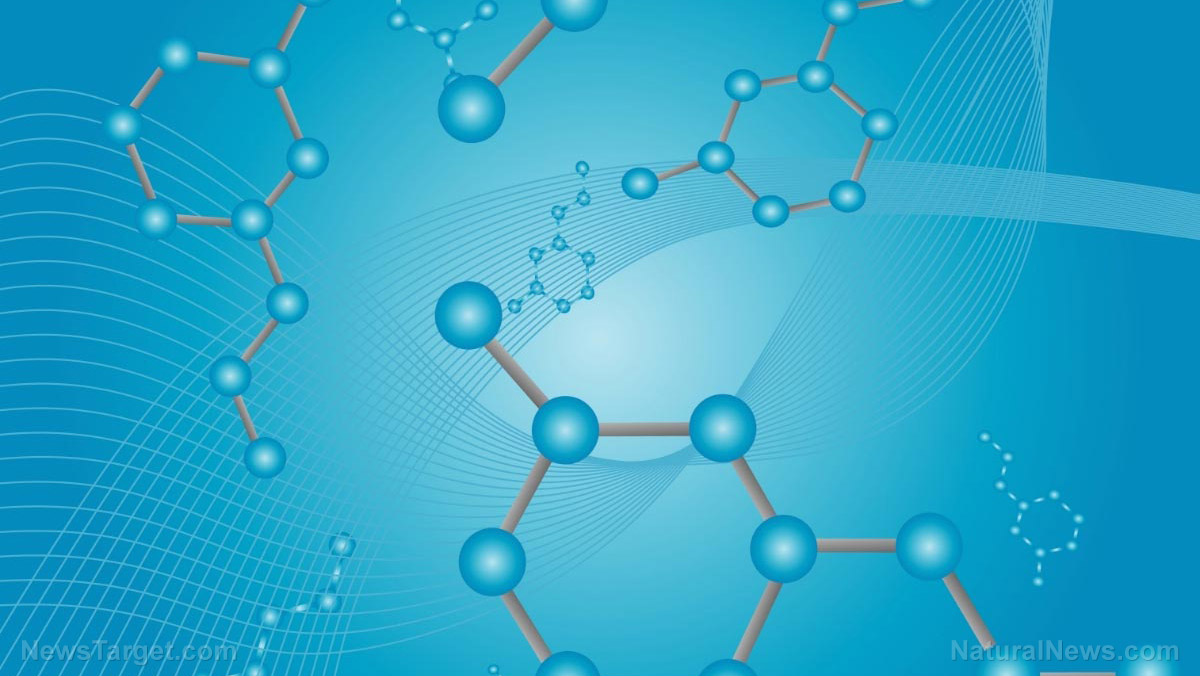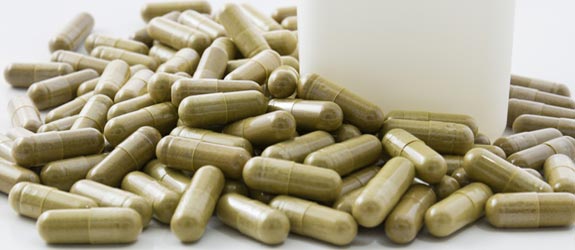Food preservatives and chemical additives found to promote obesity… is this why America is so overweight?
09/03/2017 / By Frances Bloomfield

While canned goods and chips may not be healthiest foods in the world, new research has revealed that they’re even worse than originally thought. The preservatives and chemical additives that help these foods maintain their freshness may actually disrupt metabolism and lead to obesity. That’s what investigators from Cedars-Sinai Medical Center in Los Angeles, Calif., found out after testing the effects of known endocrine disruptors in the human body.
In the new study, published in Nature Communications, the researchers tested butylhydroxytoluene (BHT), perfluorooctanoic acid (PFOA), and tributyltin (TBT). BHT is a fat-soluble preservative that is usually added to foods and cosmetics to slow down autoxidation; PFOA is a man-made chemical that is common on cookware to make it more resistant to heat, grease, and stains; and TBT is used as a stabilizer in plastic products.
For the experimental part of their study, the researchers obtained blood samples from adult participants then converted these cells into induced stem cells which they then grew into two different kinds of tissues. The first was epithelial tissues similar to those lining the digestive tract, and the second was the neuronal tissues from the hypothalamus, the region of the brain that controls metabolism and appetite.
One by one, and in combination, the researchers exposed the tissues to the three chemicals while observing what occurred within the cells. Specifically, they tested to see how the chemicals would interfere with the brain signals that told the stomach when it was full or satiated. When the signals were disrupted or the system broke down, it caused people to continue eating and to gain weight.
Out of the three chemicals, BHT was found to be the most harmful. The chemicals disturbed the networks that prepared signaling hormones, rendering them ineffective. One other effect the chemicals had was mitochondrial damage, resulting in poor metabolism.
Combined, the effects of the chemicals were even stronger. Moreover, the chemical damage transpired in “young” cells, implicating that pregnant women and their babies would be particularly vulnerable to a defective hormone system. (Related: 6 Dangerous Food Preservatives To Avoid.)
“This is a landmark study that substantially improves our understanding of how endocrine disruptors may damage human hormonal systems and contribute to the obesity epidemic in the U.S.,” stated Clive Svendsen, director at Cedars-Sinai Medical Center.
Although recent, food preservatives have long been under scrutiny for their role in obesity.
One 2015 study found that artificial preservatives increased the risk of metabolic disorders and inflammatory bowel diseases. Two groups of mice — one healthy and one genetically engineered to become prone to inflammatory bowel disease — were given the emulsifiers carboxymethylcellulose and polysorbate-80. The healthy mice became obese and developed glucose intolerance, while the second group increased the frequency and severity of their condition. Both groups suffered chronic colitis, hypoglycemia, and insulin resistance by the end of the study.
Lead author and immunologist Andrew Gerwitz noted that the results of their study may be due to the emulsifiers breaking down the mucus in the gut, causing inflammation and leading to metabolic changes.
The takeaway from these two studies is that you should always read your food labels before you purchase anything edible from the grocery. You never know what you could be bringing home with you, and unscrupulous manufacturers will always find a way to make a quick buck at the expense of your health.
To read up on more stories of a similar nature, simply go to Sweeteners.news today.
Sources include:
Tagged Under: BHT, butylhydroxytoluene, chemical additives, food preservatives, ingredients, obesity, perfluorooctanoic acid, PFOA, preservatives, TBT, toxic chemicals, tributyltin




















